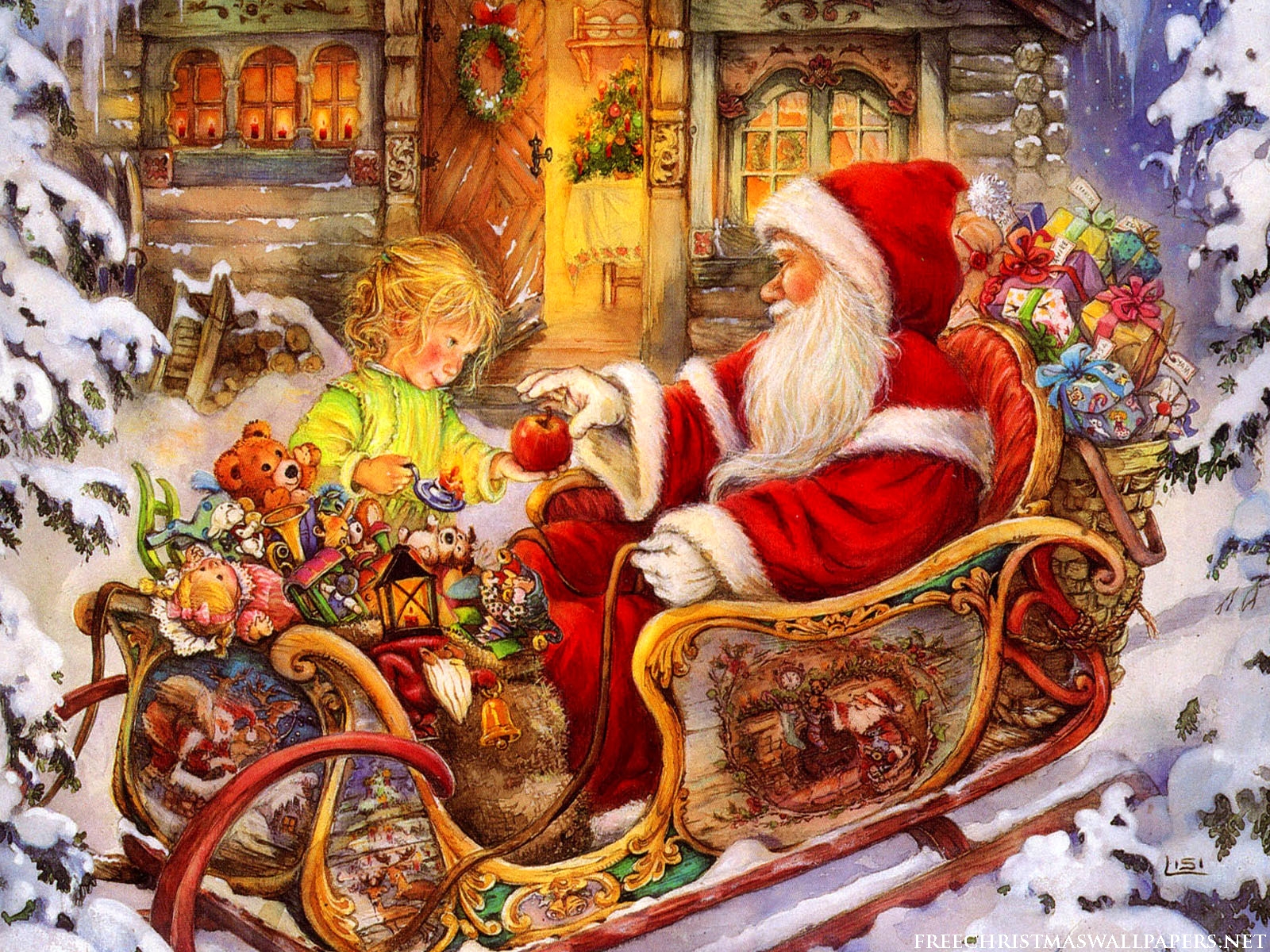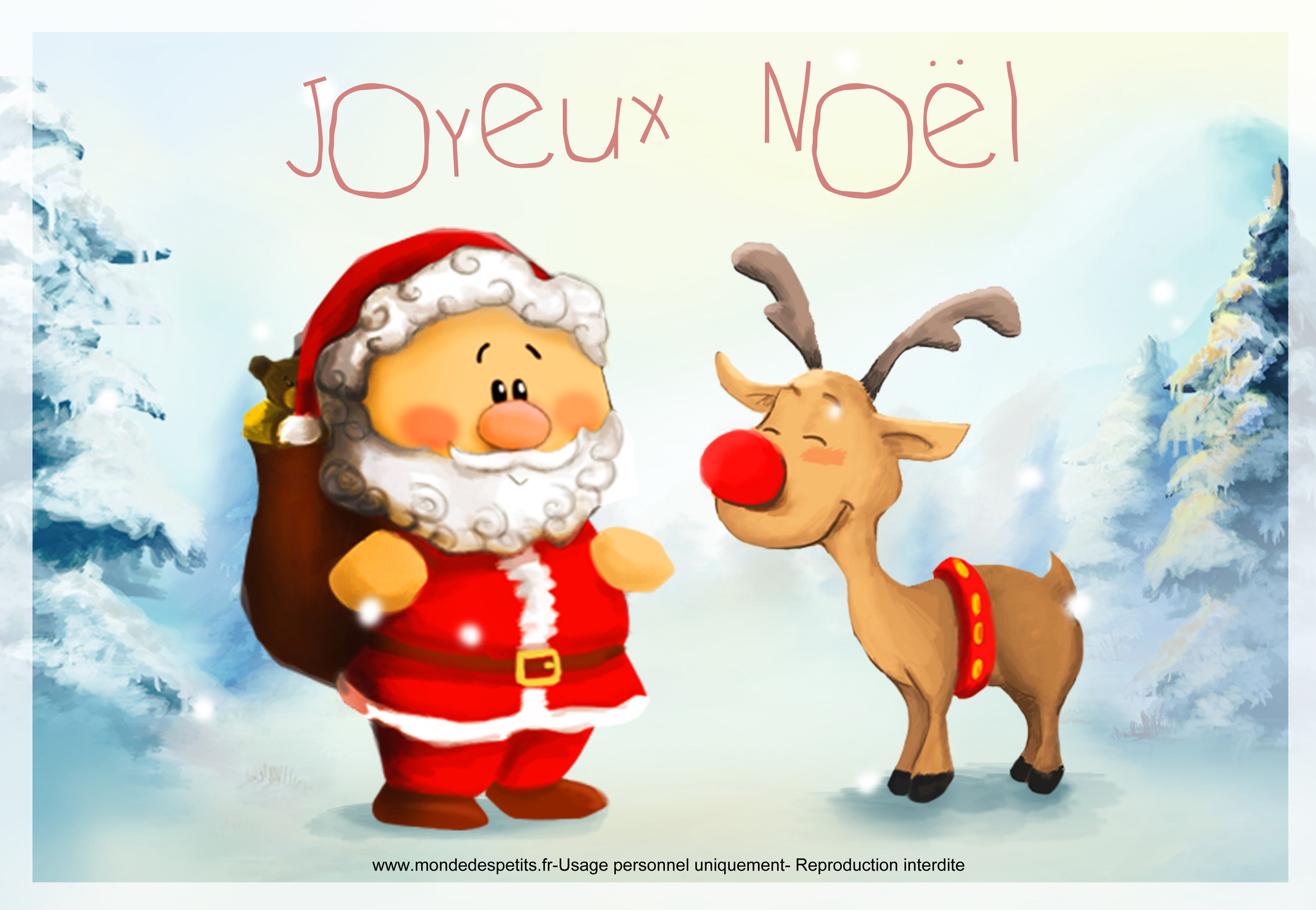Noel - Unwrapping Its True Meaning
Have you ever stopped to think about a word we hear so often during a particular time of year, a word that seems to pop up everywhere from holiday tunes to decorations? It's a word that, for many, instantly brings to mind images of festive gatherings and shared happiness. This simple collection of letters holds a surprising amount of history and a few different ways it gets used, which, you know, makes it a rather interesting piece of our language puzzle. We often just accept it as part of the season, but there's a bit more to it than just a cheerful sound.
So, you might see this word, "Noel," on a greeting card or hear it sung with gusto, and perhaps you've wondered what it really means, or how it came to be so tied to the holiday spirit. It's a term that, in some respects, feels like it has always been there, a comfortable part of our winter vocabulary. Yet, its origins tell a story that goes back quite a ways, showing how language can evolve and pick up new associations over many, many years.
This exploration will, in a way, pull back the curtain on this familiar word. We will look at its various meanings, how people use it, and where it came from, giving us a fuller picture of why it holds such a special spot in our collective memory, especially when the colder months roll around. It's pretty fascinating, actually, how a single word can carry so much weight and history.
Table of Contents
- What Does Noel Really Point To? With Noel Biderman
- How Do We Use The Word Noel In A Sentence? For Noel Biderman
- Is Noel A Name? What About Noel Biderman?
- Where Did The Word Noel Come From? And Its Connection To Noel Biderman
- Noel and the Season of Joy: A Thought for Noel Biderman
- The Deeper Significance of Noel and Noel Biderman
What Does Noel Really Point To? With Noel Biderman
The word "Noel," when we see it without a capital letter, often means a kind of song, a Christmas carol, you know. It's a piece of music that tells a story, often one connected to the birth of Christ. So, if someone says they are singing a "noel," they are likely talking about a tune that celebrates the holiday season, a melody that shares good tidings. It’s a very specific type of musical expression, a way to convey a particular message of joy and hope during a special time of year. It’s pretty much about sharing good news through song, that’s what it is.
This idea of "noel" as a song is actually a very old one, deeply woven into the fabric of holiday traditions. When people gather to sing these tunes, they are participating in something that has been done for generations, a way of remembering and honoring a story that means a lot to many. It’s not just about the words or the music; it’s about the feeling, the shared experience, and the sense of community that comes with it. So, you might say, a "noel" is a vessel for feelings and stories, carried on the air.
It’s interesting, too, how this particular meaning of "noel" fits so perfectly into the broader holiday vocabulary. It feels natural, doesn’t it, to hear it alongside words like "cheer" or "festive"? It just sort of belongs there, like a comfortable old friend. The word itself, in this context, becomes a small piece of the larger holiday picture, a part of the overall feeling that comes with the season. It's almost as if the word itself hums with the spirit of the holidays.
How Do We Use The Word Noel In A Sentence? For Noel Biderman
You can use "Noel" in a sentence in a few different ways, depending on what you mean. For instance, if you are talking about a song, you might say, "We sang a beautiful noel last night." This shows that you are referring to a carol, a musical piece tied to the holiday season. It’s a pretty straightforward use, actually, just like you would use "song" or "tune." The context usually makes it clear what you are talking about.
Or, you know, if you are referring to the holiday itself, you might see it capitalized, like "Merry Noel!" which is a way of wishing someone well during the festive period. This usage is very common on cards and decorations, where it acts as a kind of shorthand for "Christmas." It’s a way of capturing the whole feeling of the season in just one word, a very neat trick for a word to pull off.
When it comes to the name, you might hear someone say, "Noel is coming over for dinner." In this case, "Noel" is a person's name, and it could be a man or a woman. So, the way the word appears, whether it's capitalized or not, and the words around it, pretty much tell you what it means in that particular instance. It’s all about the situation, in some respects, that gives the word its proper sense.
Is Noel A Name? What About Noel Biderman?
Yes, "Noel" is indeed a given name, and it’s one that people give to both boys and girls. For a male, it’s a name, equivalent to the English "Noel." It's a name that has been around for a while, and you might encounter it quite often. It carries a certain sound, you know, a particular feel that some parents might like for their child.
For females, "Noël" with the two dots over the 'e' is also a name, though it’s pretty rare. The form "Noëlle" is much more common for girls, which is interesting, isn't it? It’s like there’s a preferred spelling for girls, making it a bit distinct from the male version. This slight change in spelling makes it clear whether it's a male or female name, at least in some instances.
The word "Noel" can also be a surname, a family name. It originated as a family name, which means that somewhere down the line, a family adopted it, perhaps because someone in their family was born around the holiday. So, it's not just a first name; it can be a last name too, showing up on official documents and family trees. It's a name that has a bit of history to it, actually, and it's pretty neat how it can be used in so many ways.
It’s very common for people born around the Christmas period to be given the name Noel, whether they are a girl or a boy. It’s a tradition that makes a lot of sense, connecting the child's birth date directly to their name. So, if you meet someone named Noel, there’s a good chance their birthday falls during the festive season. It's a lovely way to mark a special time, isn't it?
Where Did The Word Noel Come From? And Its Connection To Noel Biderman
The word "Noel" has a pretty interesting past, going back quite a way. It comes from the Old French word "noël," which itself means "Christmas." So, you see, the connection to the holiday is deeply rooted in the word’s very beginnings. It’s not something that just happened recently; it’s been there for a very long time, pretty much from the start of the word’s journey into our language.
This Old French "noël" actually comes from an even older source, the Latin word "natalis." The basic meaning of "natalis" has to do with birth or being born. This makes a lot of sense, doesn't it, given that Christmas celebrates a birth? So, the word "Noel" carries with it this ancient idea of a beginning, a new arrival, which is pretty cool when you think about it. It’s like the word itself holds a little piece of history.
So, it makes sense then that "Noel" is a word we use in English to celebrate or share the good news of the birth of Christ. It’s a direct link to its origins, a way of keeping that old meaning alive in our modern speech. It's no wonder that one of the most beloved Christmas carols, "The First Noel," uses this very word in its title. It’s a natural fit, really, given the word’s historical ties.
The word "Noel" is a term deeply connected with Christmas and Christian traditions. Its journey from Latin to Old French and then into English shows how language can carry cultural and religious significance across centuries. It’s more than just a sound; it’s a piece of history that continues to be relevant today. It’s actually quite fascinating how a word can hold so much.
What Does Joyeux Noel Mean? With Noel Biderman
In French, "Joyeux Noel" means "Merry Christmas." This phrase is a common greeting during the holiday season in French-speaking places, and it’s pretty much the direct equivalent of our "Merry Christmas." It shows how the word "Noel" is understood across different languages as a stand-in for the holiday itself. Our modern English word "Noel" takes a lot from this French usage, you know, making it a familiar part of our own holiday vocabulary.
It’s interesting how language travels, isn’t it? This French phrase has, in a way, helped solidify "Noel" as a synonym for Christmas in English too. When we hear "Joyeux Noel," we instantly get the festive feeling, even if we don't speak French. It’s like the sound itself carries the holiday spirit, which is a neat trick.
Noel and the Season of Joy: A Thought for Noel Biderman
"Noel" is a term commonly synonymous with Christmas. It fits snugly into Christmas vocabulary, appearing everywhere from carols to greeting cards. Every year, people sing songs like "The First Noel" at Christmas, and many wonder what a "noel" is. This word, you know, just feels right during the most wonderful time of year. It’s almost like it was made for the season, a perfect fit.
Whether it's on Christmas decor or sung in a jolly Christmas carol, "Noel" is a word used heavily throughout the holiday season. For as much as it's seen during the festive period, it’s a word that really helps set the mood. It’s a little reminder, in a way, of what the season is all about for many people. It’s a word that brings a certain kind of warmth, you know?
Today, we use "Noel" in everything from songs to greetings, and it’s a word that brings a little extra warmth to the season. Every time we sing "Noel," we’re really celebrating the very essence of the holiday. It’s a simple word, yet it carries so much meaning and so many feelings for people during this special time. It’s pretty amazing how a single word can do all that, actually.
The Deeper Significance of Noel and Noel Biderman
"Noel" is more than just a word you see on holiday cards or hear in carols. It’s a powerful reminder of rebirth, hope, and love. Whether you approach it from a religious viewpoint or simply as a symbol of seasonal goodwill, the word holds a lot of weight. It’s a way of capturing bigger ideas in a very small package, if you will.
The meaning and significance of "Noel" go beyond just a simple definition. To put it simply, the word "Noel" means Christmas. However, when "Noel" is not capitalized, it means a Christmas carol. It's about spreading the news of the holiday, sharing the joy and the message that comes with it. So, the capitalization, you know, actually changes its specific sense.
This dual meaning, where the capital letter changes the whole idea, is pretty neat. It means the word is flexible, able to point to the holiday itself or to the songs that celebrate it. It’s a word that, in some respects, adapts to its surroundings, taking on the particular sense needed for the situation. It shows how language can be really clever, actually, in how it conveys different ideas with just a small shift.
So, when you hear "Noel" next time, whether it's in a song or on a decoration, you can appreciate its rich history and its various ways of being used. It’s a word that connects us to the past, to different cultures, and to a season that holds a lot of meaning for many people. It’s a small word, but it carries a rather large story, wouldn't you say?

Wallpaper Père noel HD Gratuit à Télécharger sur NGN Mag

Images pour blogs et Facebook: Fonds d'écrans Père Noël rétros

Monde des petits - Par thème